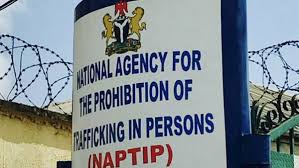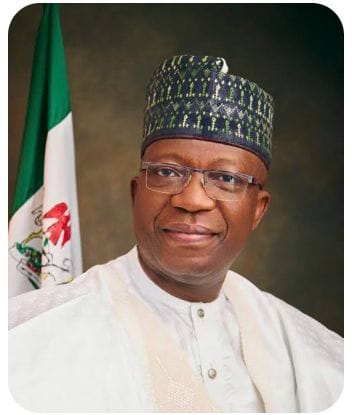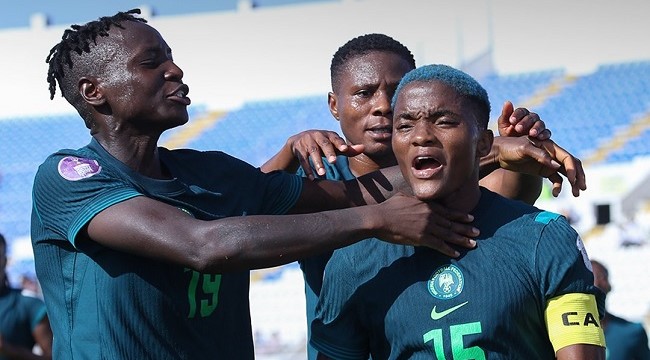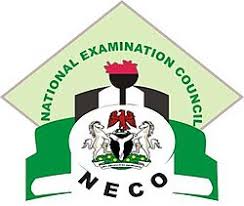In the heart of Abuja on a humid Thursday morning, the Director-General of NAPTIP, Binta Adamu Bello, didn’t mince words: “Human trafficking is a clear and present danger to Nigeria’s national development.”
It was a strong statement — and a necessary one — as the nation kicked off activities for the 2025 World Day Against Human Trafficking. The theme this year, “Human Trafficking is Organised Crime – End the Exploitation”, set the tone for what Bello described as a battle against a modern-day monster hiding in plain sight.
According to her, this is no longer just about poor girls being deceived with dreams of Europe or boys trafficked to do hard labour. “We are now facing baby factories, online sex blackmail, organ harvesting, and even fake scholarships and job offers that end in horror,” she revealed. “Some young women are lured into taking online loans. Before they know it, they’re being forced into prostitution to ‘pay back’ what they never really borrowed.”
Let that sink in. Someone’s daughter — someone’s sister — being reduced to a commodity because she believed in a better tomorrow.
Bello stressed that trafficking has now become tightly woven with organised crime. From Yahoo-Yahoo recruiters looking for desperate youths, to criminal networks exploiting global supply chains and digital platforms — it’s a big business, and Nigeria is caught in the middle of it.
“It’s heartbreaking,” said Bello. “And it’s a wake-up call for all of us. Human trafficking is not just a crime; it’s a business that thrives on our silence, on poverty, and on misinformation.”
In fact, it’s become so sophisticated that traffickers now operate like tech start-ups — only their product is human suffering. But unlike start-ups, they leave a trail of broken lives and communities behind.
To fight back, NAPTIP is stepping up its game. Bello announced that the agency is bolstering its cybercrime squad and working hand-in-hand with the Federal Ministry of Justice and other intelligence agencies. “These criminals will soon find it very hard to operate,” she declared.
She also promised better coordination with state governments, NGOs, traditional rulers, and even market associations to ensure that cases of trafficking are reported and addressed promptly.
“From the border towns in the North to the fishing communities in the South, we are intensifying our reach. Traffickers, be warned — your time is running out,” she said.
As part of the awareness campaign, a sensitisation walk is planned across Abuja and other NAPTIP offices on Monday, July 28. The main event of the week — the National Stakeholders Consultative Forum — will hold on July 30, bringing together survivors, policymakers, development partners, and law enforcement to strategise on lasting solutions.
Development partners like the UNODC, IOM, EU, and the Kingdom of the Netherlands were all praised for their continued support. The Country Representative of the UNODC, Cheikh Toure, stood firm in his solidarity with Nigeria’s efforts, while Esther Michael from the UN Human Rights Office stressed the importance of putting victims first.
“It’s not enough to rescue them,” Michael said. “We must protect them, help them heal, and ensure the traffickers face justice — no matter how powerful they are.”
While the stories of exploitation are grim, there’s also a glimmer of hope. Nigerians are resilient, and this fight is as much about awareness as it is about enforcement.
As one attendee at the press conference whispered after the event, “Omo, this trafficking matter no be small thing o. But you see ehn, na when people know say dem fit report and get help, na that time the wahala go reduce.”
So yes, the work ahead is tough. But with agencies like NAPTIP pushing harder, and citizens becoming more aware, perhaps someday soon, no Nigerian child will be trafficked in search of a better life.
Because let’s face it — no dream should ever start with deception





